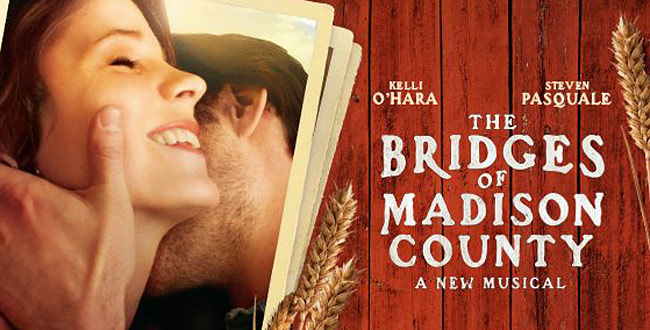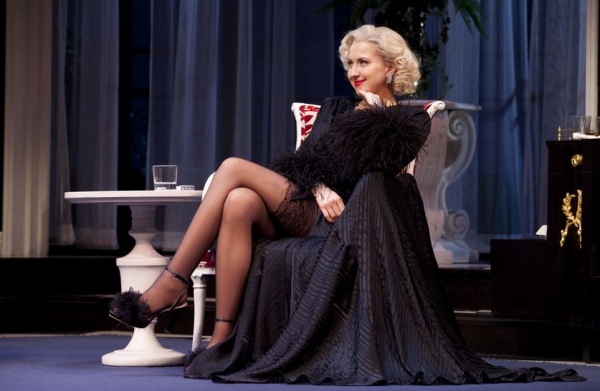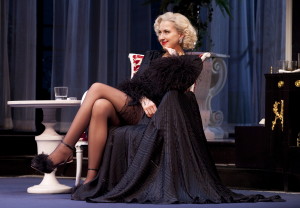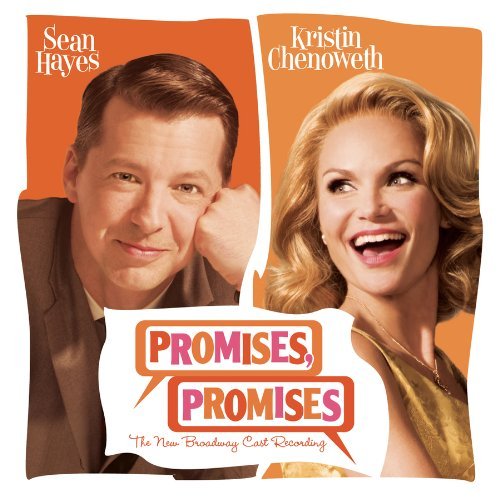
It’s been said that home is where the heart is. In that case, home should be the Longacre Theatre where a joyous Broadway revival of You Can’t Take It With You is currently playing. When the houselights came up after the preview I attended, I wanted to become one of the household. (The last time I had such a feeling in the theater was after MTC’s gorgeous 2009 revival of The Royal Family). The characters inhabiting the home of Martin Vanderhof are so beautifully drawn and so lovable, that I wanted to spend a fourth or even fifth act with them. While topical references may sail over some heads, and the play’s Depression-era escapism might seem naive for 2014 sophisticates, the Kaufman and Hart classic is still warm and funny. Dated, yes, but as a romantic comedy it’s timeless.
Grandpa, as Martin is more commonly known, decided one day that he didn’t like going to work so he just stopped. He doesn’t pay income tax, but he does like to collect snakes and listen to commencement exercises. Having gently dismissed a stressful life for 35 years, he has fostered in his entire extended family (they pick up dreamers like strays) the desire for each to do what makes him or her happy. His daughter writes plays, a granddaughter studies ballet, and his basement is a fireworks factory. Problems arise when his other granddaughter (sort of the Marilyn Munster of the family) falls in love with her boss’ son and her carefree family must soon meet her fiancé’s conservative, monied parents.
The Pulitzer Prize-winner first appeared on Broadway in 1936, starring Henry Travers (Clarence in It’s a Wonderful Life) as Grandpa. The 1938 film adaptation, directed by Frank Capra and starring Jean Arthur, James Stewart, and Lionel Barrymore won the Oscar for Best Picture. The play has since become a staple of high school and community theaters. This current production is the 5th Broadway revival, the first since an acclaimed all-star production in 1983.
At the heart of the play is its cast, made up of a Who’s Who of New York theatre. James Earl Jones, 83 years old and a genuine national treasure, plays Grandpa with a warm smile and an irresistible twinkle in his eye. Rose Byrne is charming in her Broadway debut as lovestruck Alice, though at the early preview I attended, she didn’t seem as comfortable as the rest. Kristine Nielsen, who is one of the best things to happen to Broadway in the last decade, follows up her Tony-nominated triumph in Vanya and Sonia and Masha and Spike with another delectable performance. Meanwhile legends Julie Halston and Elizabeth Ashley provide some of the biggest laughs the play has to offer. Annaleigh Ashford delivers a performance that is quite literally fully choreographed (Liz Ashley’s reaction to Ashford’s greeting is worth the price of admission). Reg Rogers is delightfully over the top as a Russian dance teacher. Mark Linn-Baker, Fran Kranz, Byron Jennings, Johanna Day, Will Brill, Crystal Dickinson; they’re all superb.
The play looks beautiful. I want to spend time in the sprawling, cluttered Upper West Side living room David Rockwell created, though I don’t think it needed to be on a turntable. Jane Greenwood had a designer’s field day with the various period costumes. Jason Robert Brown provided a sensational period pastiche score, so enjoyable that my friend and I stayed around to hear the extended exit music. Scott Ellis’s production moves at a brisk pace. His direction never lets the energy flag, yet he also finds the right balance between the sheer anarchy of the play’s farcical moments and the more tender, impassioned sections of the third act.
I don’t think I stopped smiling for two and a half hours. My only qualm: the adorable kittens should have more stage time.
You Can’t Take It With You is a limited engagement through January 4, 2015.








